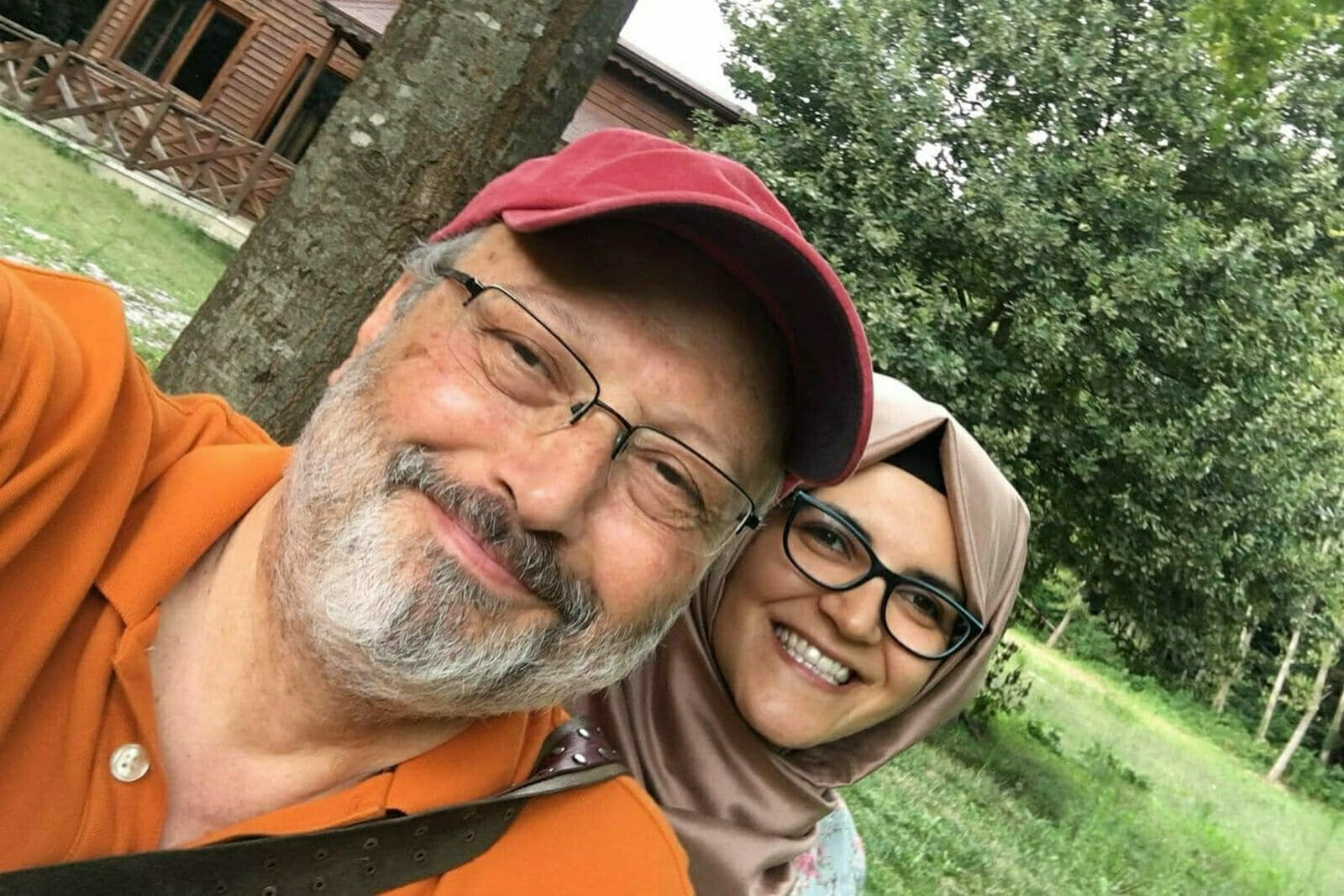
Scapegoats for Jamal Khashoggi
The hit squad that went about its deadly business with varying degrees of competence in Istanbul last year is set to be thinned. Five members of the group tasked with strangling and carving up the Saudi journalist and out-of-favour Jamal Khashoggi in the Saudi consulate on October 2, 2018, are now facing the generous justice of their employers. As this process takes place, there is gleeful hand washing taking place in the highest quarters of the kingdom.
The finding behind sentencing five members of the squad to death is inconsistent and even idiosyncratic. (Three others were given prison sentences.) The proceedings were closed, save for a few diplomats gagged by undertakings not to reveal anything. Despite lacking any intent to kill (forget the presence of a forensic specialist, a bone saw or a body double intended to mimic the slain journalist), death sentences were still seen as appropriate. State responsibility was to be eschewed; the entire matter, it seemed, had been an act of unwise adventurism. According to the prosecutors, the killing took place in a “spur of the moment.”
The odds were always going to be stacked in favour of a premature adjudication. For one, witness testimonies were not sought, making any credible gathering of evidence impossible. Cross-examination as a method tends to be shunned in such criminal proceedings.
What was clear in this theatre of the non-event was that any big fish found in the net were going to be let free. Two other figures linked to the killing, Maj. Gen. Ahmed al-Assiri and the close adviser to crown prince Mohammed bin Salman and social media fiend, Saud al-Qahtani, were given the necessary institutional acquittals for a lack of evidence.
To have found them guilty would have drawn a thick line of accountability to the crown prince himself, a darling of dissembling and venality. Finding scapegoats in the low rung of the chain served the stretched illusion of cleaning the stables. It also had another external purpose: to give such administrations as those in Washington the false impression that something was being done. President Donald J. Trump has tended to look upon the Kingdom of Saudi Arabia with moneyed keenness. Lucrative arms deals are, and have been struck.
The human rights fraternity have been predictably scandalised if somewhat unsurprised. Sarah Leah Whitson, Human Rights Watch’s Middle East and North Africa Director, took issue with the absolute secrecy and lack of due process for either victim or the defendants. “We don’t have information about the most basic facts on why Khashoggi was killed, who ordered the killing or what was done to his body.”
Human rights activist and blogger Omaima al-Najjar showed some weariness at the whole business; of course, there could be no expectation of due process in a political and judicial system hostile to a separation of powers. It all begins, and ends, with the royal family.
The entire process has proved disorienting to the UN Special Rapporteur on extrajudicial, summary and arbitrary killings, Agnes Callamard. The killers who had carried out the vile wishes of a regime had effectively become victims of that very same state apparatus geared to neutralise dissent. “The executioners were found guilty and sentenced to death. Opposed to the death sentence, this is a first shock to me.” She observed how “those who ordered the executions not only walk free but have barely been touched by the investigation and the trial. This is the second shock.”
Callamard’s approach to the killing of Khashoggi has been to regard it as a matter of international concern and jurisdiction. The Saudis, she implies, cannot be trusted with the case and she has much to go on. In June this year, she argued while presenting the conclusions of her six-month investigation that six violations of international law had taken place in the killing, ranging from the prohibition against arbitrary deprivation of life, the requirement that states use consular missions for official purposes and the violation of the protection of freedom of expression. Seeing it as such, the death of Khashoggi “constitutes an international crime over which other States should claim universal jurisdiction.”
In her report, Callarmard concluded that whatever theory might lie behind the death of Khashoggi, state responsibility had to be attributed to Saudi Arabia. “His killing was the result of elaborate planning involving extensive coordination and significant human and financial resources. It was overseen, planned and endorsed by high-level officials. It was premeditated.”
Once the shocks have worn off, Callamard and her band of legally interested observers will have to accept that the Khashoggi affair, from the start, was one of a bold if bungled assassination (in so far as it could not be concealed), one executed at the behest of a regime suffering from intense hubris. The crown prince, who has found an ear in every significant forum of consequence on the world stage, had a hiccup, and has, since then, been trying to cure himself of it. That it will take the deaths of another five men and prison sentences for three others says much about the man.
